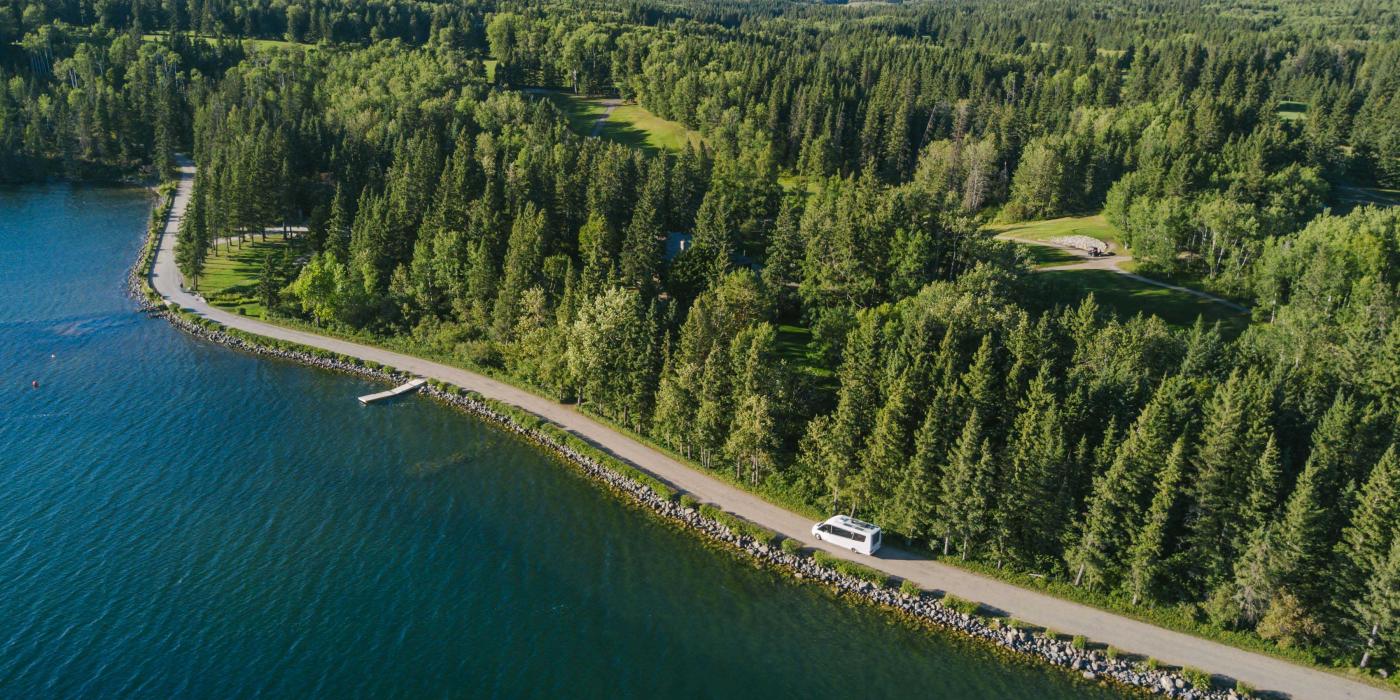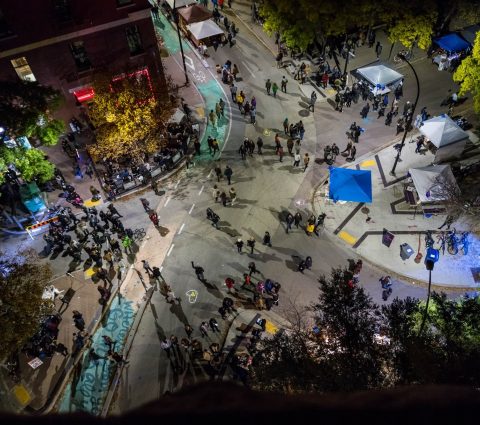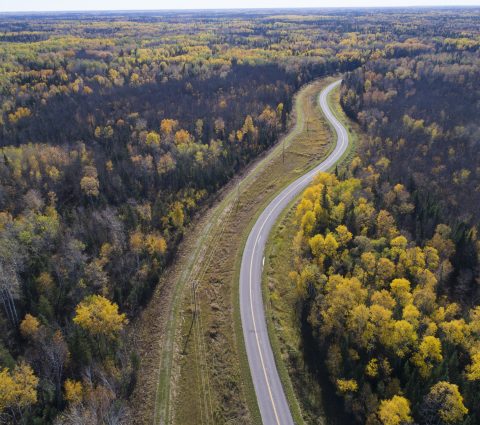- Things To Do
- Manitoba Events
- Food & Drink
-
Places To Go
- Winnipeg
- Churchill
- Eastern Region
- Central Region
- Interlake Region
- Parkland Region
- Western Region
- Manitoba North
- Must-See Destinations
-
Itineraries
- Island Getaway on the Prairies
- Adventure From Here on Out
- Wheat City Wanderings in Brandon
- Escape to the water and the wild
- St. Boniface Winter: Passion and History
- Follow the path to a story in Neepawa
- Unleash your inner Viking this winter
- Explore Clear Lake This Winter Like Never Before
- Breathe in the Whiteshell this winter
- Go North for a boreal forest escape
- Treaty Areas
- Where To Stay
- Trip Essentials
- #ExploreMB Blog
Navigation Options
- Things To Do
- Manitoba Events
- Food & Drink
-
Places To Go
- Winnipeg
- Churchill
- Eastern Region
- Central Region
- Interlake Region
- Parkland Region
- Western Region
- Manitoba North
- Must-See Destinations
-
Itineraries
- Island Getaway on the Prairies
- Adventure From Here on Out
- Wheat City Wanderings in Brandon
- Escape to the water and the wild
- St. Boniface Winter: Passion and History
- Follow the path to a story in Neepawa
- Unleash your inner Viking this winter
- Explore Clear Lake This Winter Like Never Before
- Breathe in the Whiteshell this winter
- Go North for a boreal forest escape
- Treaty Areas
- Where To Stay
- Trip Essentials
- #ExploreMB Blog

Trip Essentials
Know Before You Go
Know Before You Go
Manitoba is conveniently located right in the middle of Canada.
Here, you’re at the centre of everything. Manitoba is located at the longitudinal centre of Canada and it’s the meeting place of boreal, prairie, taiga, and Canadian shield ecosystems. We’re also the meeting place of friends and families–the perfect stop on any Canadian vacation.
On this page you’ll find travel tips covering wildfires, road conditions, bear safety tips and more to help you plan your trip and travel safely throughout the province during your visit.
Getting Here
However you chose to travel, we have the information you need for your journey. Thanks to direct air access, we’re only one flight away from key international travel hubs like Los Angeles and Atlanta. Whether you hop on a plane, board a train or take a scenic driving route, Manitoba is waiting to welcome you.
Learn more about transportation options.
Wildfires
In Manitoba, wildfires can arise during prolonged periods of hot and dry weather. Conditions have the potential to shift rapidly throughout the province. To ensure a safe trip, it's advised to stay updated with the latest information before and during your journey. If you're currently exploring Manitoba or planning a visit, you can obtain valuable on-the-ground information and assistance by reaching out to our Visitor Information Centre in your destination area.
Keep an eye on Province of Manitoba's website for alerts and crucial updates, stay informed about provincial park restrictions, road closures, MBReady portal, and restrictions.
Stay vigilant regarding changing smoke conditions by referring to the Air Quality Health Index, which provides real-time updates for various regions within Manitoba.
Should you observe a wildfire or suspect its presence, report any instances of wildfires promptly by adhering to the reporting guidelines provided by local authorities or emergency services. To report a wildfire call 1-800-782-0076 (toll-free).
Riding Mountain National Park
Planning a visit to Riding Mountain National Park? Here’s what you need to know.
To help protect park waters from aquatic invasive species like zebra mussels, Parks Canada requires all non-motorized watercraft and water-related gear, including kayaks, canoes, paddleboards and inflatables, to be inspected and decontaminated before launching in the park.
This year, Parks Canada is issuing only one annual permit per watercraft, and you’ll need to choose between:
- A permit for use on Clear Lake only, or
- A permit for use on other park lakes, such as Lake Audy, Moon Lake and Lake Katherine.
These measures are in place to help prevent the spread of invasive species. To learn more, click here.
Be Bear Smart
If you’re visiting Churchill, you may unexpectedly encounter polar bears any time during your visit. Practice bear safety by reviewing the Churchill Bear Smart safety tips before you travel and obey all Polar Bear Alert warning signs.
Bears are also present in many of Manitoba’s provincial park and in Riding Mountain National Park. Visit Manitoba Park’s Wildlife Page and Riding Mountain National Park’s Page for more information.
Manitoba Experience Passes
A Manitoba Pass brings together some of our best attractions, tickets and experiences for you to browse and purchase at your convenience. Get exclusive perks and discounts to help you see our province like never before.
Travel Customs
Make sure you’re prepared with proper identification and are aware of local customs in Manitoba.
Alcoholic Beverages & Tobacco Production
In Manitoba, the legal age for alcohol consumption and to purchase tobacco products is 18 years. Please read information on alcohol and tobacco limits for travellers from the Canadian Border Services Agency.
Smoking Laws
Smoking or vaping cigarettes or cannabis is prohibited in all public places, including restaurants, bars, malls, sporting events, parks and beaches. It is important to know the rules regarding use and transportation of cannabis prior to your trip to Manitoba.
In Parks Canada campgrounds, cannabis consumption is limited to campsites as they are considered temporary residences. Cannabis consumption will not be allowed in shared public spaces within campgrounds (i.e. kitchen shelters, washrooms, trails, roads or anywhere else outside a person’s campsite). Public cannabis consumption is not permitted in Riding Mountain National Park day use areas, trails, playgrounds or Parks Canada accommodations (oTENTiks, Yurt, micrOcube, Cairns Cabin).
Food
Visitors may import food for their own use without duty payment, provided the quantity is consistent with the duration and nature of the stay in Canada. Larger quantities that are not intended for consumption, but will be moved in transit through Canada, may be documented on a temporary admission permit. Please read more about food imports from the Canadian Food Inspection Agency.
Gasoline and Fuel
Visitors are allowed free entry of fuel up to the normal tank capacity of their vehicles. Quantities above that amount may be subject to duty.
Dogs and Cats
Dogs and cats from the United States must be accompanied by a rabies vaccination certificate. Animal tags are NOT acceptable in lieu of a certificate. Puppies and kittens less than three months old do not require rabies vaccinations but must be in good health. Pets imported from countries other than the United States may require quarantine. Read more about bringing dogs, cats and other pets into Canada.
Firearms and All Other Weapons
All weapons - including firearms, mace, tear gas, and pepper spray - must be declared to customs upon arrival. Documentation proving you are entitled to possess a firearm in Canada is required and you must transport it safely. Please read information regarding procedures for individuals importing firearms, hunting requirements and prohibited weapons and devices from the Canadian Border Services Agency or contact the Canadian Firearms Centre toll-free at 1-800-731-4000 or e-mail canadian.firearms@justice.gc.ca.
Radar Detection Devices
Radar detectors are illegal in Manitoba. Read more from the Government of Manitoba.
Duty-Free Exemption for Returning U.S. Residents
Below is a summary of duty-free exemption for returning U.S. residents. Please see the full details on personal exemptions after visiting Canada.
Accommodations
Discover places to stay across Manitoba, including hotels, B&Bs, campgrounds and more on our Where to Stay page.
Currency
Although U.S. currency is usually accepted in Canada, we recommend exchanging any international currency (or travellers cheques) for Canadian dollars at any Canadian financial institution, bank, trust company, credit union, co-operative, caisse populaire or exchange booths at airports and border crossing points.
Less favourable exchange rates may be given by commercial establishments. Use Canadian money while travelling in Canada to avoid exchange problems. Current Canadian currency exchange information is available from the Bank of Canada.
Parks
Manitoba is home to 92 provincial parks and two national parks. Learn more about on our Parks page. Use the Manitoba Parks’ online reservation service to find campgrounds, yurts and cabins. Visit Parks Canada’s website to find more information on national parks and historic sites in the province.
Road and Weather Conditions
Manitoba 511 is a desktop and mobile-friendly interactive website where you can find up-to-date information on road closures and conditions around the province. Always check road conditions before you venture out during the spring and winter season due to inclement weather. Winter tires are recommended when travelling throughout the province from November to mid-March. If you’re renting a vehicle during these months, inquire about winter safety before you head out. Read Manitoba’s Winter Safety Tips for more information.
Manitoba boasts four distinct seasons thanks to the continental climate.
- Spring: Temperatures can be as warm as +15°C (59° F) with some rainy weather.
- Summer: average temperatures tend to be +26°C (79° F) throughout July and August.
- Fall/Autumn: Temperatures can be as high as +20°C (68° F) and as low as 0°C (32° F) later in the season.
- Winter: Average temperatures hover around -12° C (10° F) but can drop as low as -30° C (-22° F).
Weather can change at any time in any season in Manitoba. Plan ahead by reviewing Environment Canada’s Weather Forecasts and the Public Alerts webpage.
Boating and Swimming Safety
Heading out on the water? Manitoba is home to more than 100,000 lakes and waterways which means there’s plenty of opportunity for water-based activities and fun. Play it safe by following Transport Canada’s Boat Safety tips and stay apprised of changing weather conditions on the water with Environment Canada’s Marine Forecast.
It is the law in Canada to have a lifejacket or Personal Floatation Device (PFD) onboard for every person on the watercraft, including human-powered watercraft such as kayaks and canoes. Read more about mandatory safety equipment required when boating.
Lifejackets are available for loan at 11 provincial parks in Manitoba. Find the list on Manitoba’s Beach Safety page as well as information on Beach Safety Training.
Please note not all beaches in Manitoba have lifeguards. Consider participating in a Beach Safety Program and wearing a lifejacket while you swim. Find more Water Smart tips here.
Winter & Ice Safety
Drowning can occur at any time of year. In fact, every year 1/3 of all drownings in Manitoba occur during the colder months between October and April. Many of these drownings occur on ice and involve recreational snowmobiling.
Get more info on how to keep your family and friends safe in, on, and around ice here.

